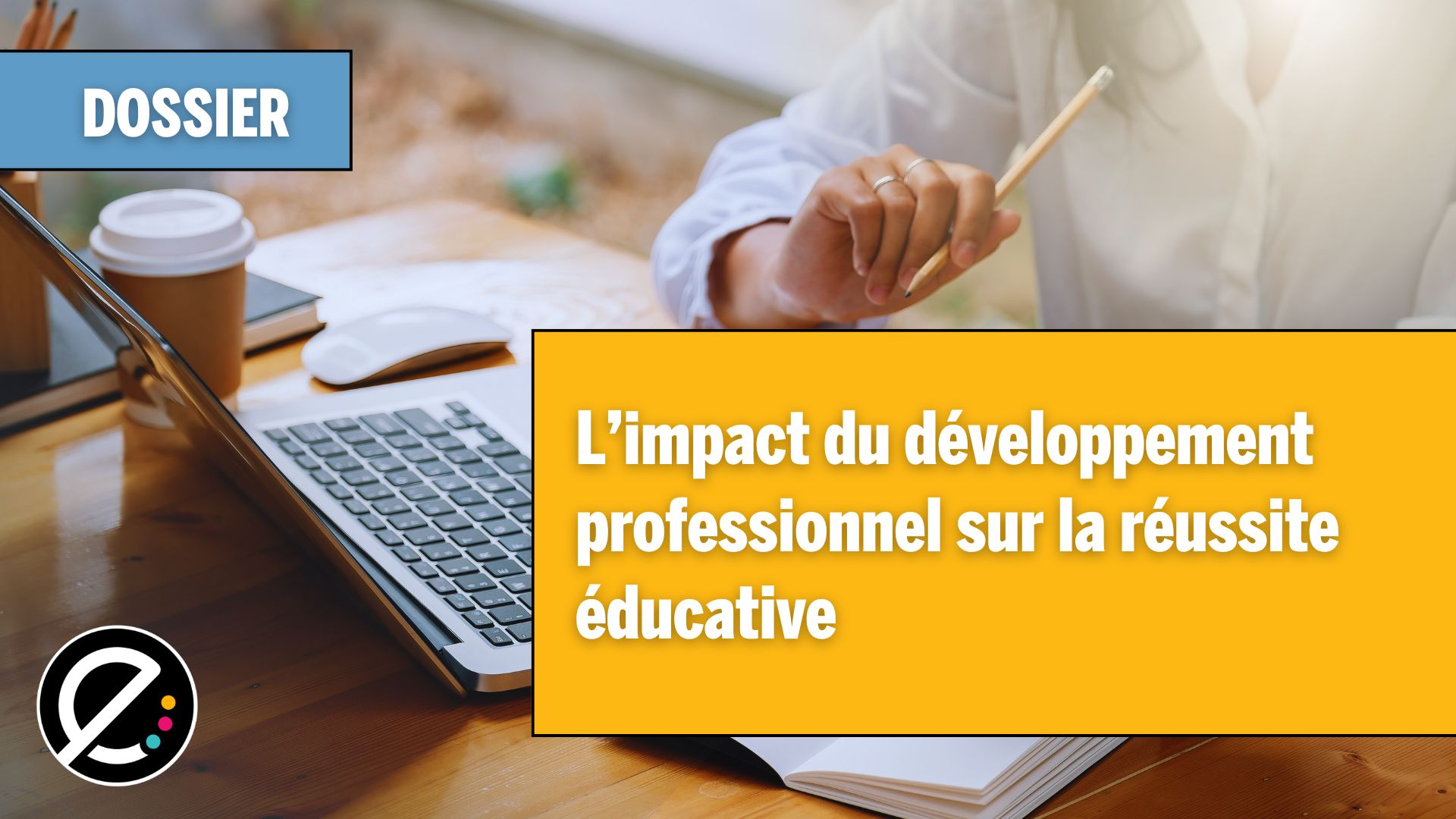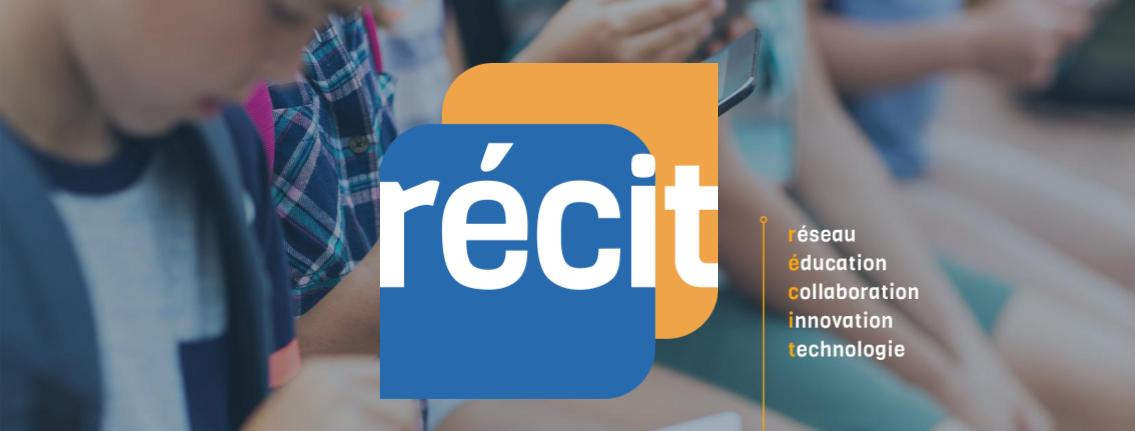Notre auteur et collaborateur Marc-André Girard a été invité au Laboratoire d’innovation et du numérique en éducation (LINE) à l’Université de Nice Sophia Antipolis et en a profité pour visiter plusieurs villes et y rencontrer divers intervenants. Dans sa découverte du paysage éducatif européen, il a fait la rencontre d’un enseignant au surnom révélateur. Voici l’histoire de cette rencontre :
En visite dans une école française, je me promène dans l’école tout en rencontrant divers intervenants, qu’ils soient des enseignants, des directions d’école ou des membres du personnel de soutien. Lors de ma promenade, j’entre au secrétariat pour saluer le personnel de direction et celui de soutien et quelque chose retient mon attention, au loin dans mon champ de vision : je m’arrête sec et je vois, à côté du nom sur le pigeonnier d’un enseignant, un surnom : Monsieur Connard.
Je m’esclaffe avec peu de retenue étant donné l’effet de surprise! Je ne peux m’empêcher d’aller à la rencontre de Monsieur Connard et de lui serrer la main, en me doutant que je pourrais rigoler avec lui. Une fois dans son local, immédiatement, je prends mes aises et nous nous présentons. Il se présente formellement; il a un prénom et un nom.
- « Mais pourquoi Monsieur Connard ? »
- « Longue histoire. Vous voulez vraiment la connaître? »
- « Bien sûr! Pourquoi pas? »
- « Très bien. Voici. »
Il m’explique :
- « Le surnom vient de moi. Je me suis baptisé « Monsieur Connard » ».
- « Eh bien! »
- « C’est ma façon de verbaliser le non-dit de certains collègues qui réagissent face à mon travail, face à mes innovations pédagogiques, dans mon milieu. »
- « Hein? Que voulez-vous dire? Quels non-dits? »
- « Je fais bouger les choses dans mon école. J’implante de nouvelles approches pédagogiques qui sont en rupture avec celles de certains collègues plus traditionnels. Je suis à l’aise dans des contextes d’expérimentation et je suis très créatif. »
- « Et alors? Quel est le problème, Monsieur Connard? »
Il m’explique qu’à force d’expérimenter et d’innover, les autorités de l’Académie (l’équivalent de la commission scolaire) sont venues le visiter fréquemment en classe pour témoigner de son travail. Cette reconnaissance et les visites régulières de personnes externes ont irrité certains collègues qui lui ont, en un certain sens, tourné le dos. Depuis, il se sent isolé. Chaque fois qu’il prend la parole devant ses collègues, il voit les yeux qui se lèvent au ciel et entend les railleries et les soupirs.
- « J’ai beau expliquer ce que je fais et encourager tous mes collègues à travailler en collaboration avec moi, rien n’y fait! Je suis étiqueté et, l’an prochain, je quitte mes fonctions et je change de milieu. »
En effet, il sera conseiller pédagogique dès l’an prochain, dans une autre Académie.
- « Je me sens donc le « connard » de l’école. Ce « connard » qui sait pourtant rendre ses élèves heureux, un « connard » qui sait rallier certains collègues également, tandis que pour d’autres, demeure celui qui menace, qui dérange… »
Il m’explique qu’il était conscient que cette situation pouvait se produire. Qu’en tant qu’enseignant, porter un dossier ou un projet disruptif comporte des risques. Il se désole, toutefois, que l’isolement soit un effet collatéral conséquent à l’implantation de projets innovants dans un cadre scolaire.
- « Tu as beau vouloir être ouvert, transparent et tout partager avec ton entourage, certains collègues vivent mon leadership et mes projets comme étant une remise en cause de leur propre pratique professionnelle. Du coup, comme le Monsieur Connard est venu de moi, cela leur a un peu coupé le sifflet. Cela fait rire les élèves, certes. Ils ne connaissent pas le contenu. De toute façon, l’autodérision leur plait toujours. Mais pour ceux que cela concerne, au moins, je leur exprime que je sais ce qu’ils pensent de moi et que je suis pleinement conscient de la situation. Au moins, ils savent comment je me sens! »
J’étais stupéfait. Je ne m’attendais pas à cela en visitant l’école. La discussion n’a duré qu’une dizaine de minutes, mais elle me hante toujours! La morale de l’histoire, telle qu’expliquée par Monsieur Connard, est qu’au-delà de l’aspect provocateur de son propre sobriquet, il faut comprendre qu’une pratique novatrice isolée s’expose à des comportements désobligeants, probablement explicables par une incompréhension. Possiblement aussi que la démarche réflexive des uns peut avoir une influence sur les autres et que les autres ne sont pas encore prêts à entamer une telle réflexion. Qui sait?
Je lui ai laissé ma carte d’affaire, puisque chez nous aussi, au Québec, il y a des Monsieurs et des Madames Connard dans chacune de nos écoles. Même les « Crapauds fous » ont su se retrouver, se rassembler et s’affirmer!
Pourquoi ne pas rassembler tous les Monsieurs et Madames Connards francophones? Certainement, de beaux projets émergeraient et un réseau de soutien à l’innovation pourrait, en parallèle, contribuer à rendre ces « connards » mieux acceptés dans nos écoles.
Cet article fait partie d’une série publiée par notre auteur et collaborateur Marc-André Girard, dans le cadre de sa participation au Laboratoire d’innovation et du numérique en éducation (LINE) à l’Université de Nice Sophia Antipolis.
Vous pouvez lire l’ensemble des articles de cette série ici.






